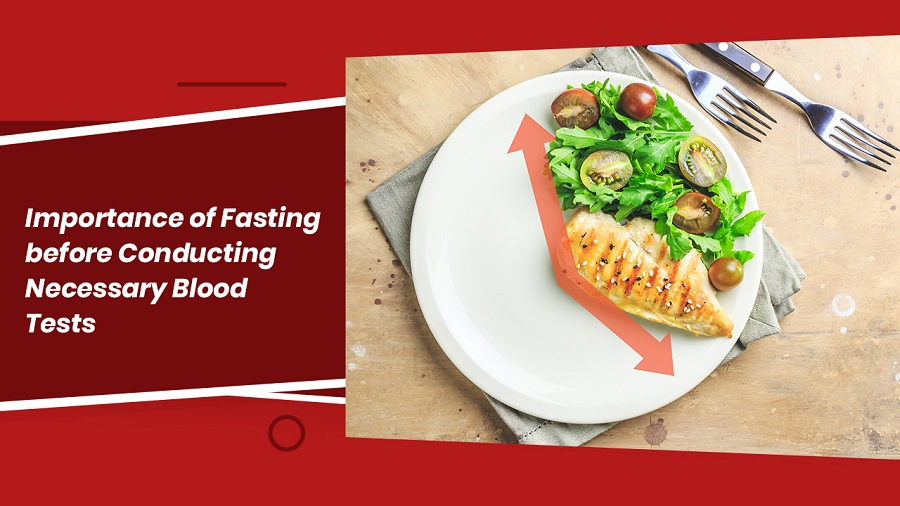Importance of Fasting Before Conducting Necessary Blood Tests
Your doctor will ask you to fast in the morning for conducting blood tests. But your stomach will growl and you may have some hours to withdraw taking caffeine. Taking one bite of toast with some gulps of coffee will not actually create any difference, right? Yes, it will and the results may come wrong in such cases.
Fasting means you should not eat or drink anything than water for at least 8 to 12 hours before the test. If you have an appointment at 8 am and you need to do fasting for 8 hours, then water should be sufficient after midnight. When it is a 12 hour fast, you should not take food and drink after 8 pm. You should not chew gums, smoke or exercise as they may affect the results. Make sure you take prescription medications unless the doctor tells to skip them. You may visit Blood Test London and talk to your doctor for conducting necessary blood tests on time.
Some tests for which you need to do fasting
Blood tests enable the doctors to check for some health issues and know how well the body is functioning. The doctors use them to find out how well the treatments are working. You do not have to fast before conducting all blood tests. The doctor will tell if you need to perform them. Some tests which require fasting are:
Fasting blood glucose – This can help to measure the amount of sugar or glucose in the blood. You will be able to test for diabetes or prediabetes and the fasting time is around 8 hours.
Lipid profile – This allows to check for the level of cholesterol and other blood fats such as triglycerides. Higher level will put you at the risk for having a stroke or getting heart disease. You may not have to do fasting when you are below 25 years or need a partial lipid profile only. The doctor will want a non-fasting result. Talk to your doctor and know if you should fast before the test which requires 9 to 12 hours.
Basic or comprehensive metabolic panel – It is a part of your routine physical examination. The test can help to detect your blood sugar level, fluid balance, kidney function, electrolyte and liver function. The fasting timing will be around 10 to 12 hours.
Vitamin B12 test – This helps to measure the amount of vitamin present in your blood. It diagnoses specific kind of anemia with other problems and some medications may interfere with the test. You need to inform the doctor all the drugs you are taking and the fasting time is around 6 to 8 hours.
Iron tests – It can help to know whether iron levels in the system are extremely high or low. The fasting time is almost 12 hours.
Gamma-glut amyl transferees or GGT – It detects the level of GGT enzyme in the system. Having higher reading denotes bile duct problems, alcohol abuse or liver disease. Your doctor will suggest to do fasting for at least 8 hours in advance. You may have to avoid taking alcohol and certain prescription drugs on the day before your test. This is because it can affect the GGT levels.
Reasons to do fasting
The presence of nutrients in foods and drinks will enter into the bloodstream. This may change certain things which the test measures and gives desired results. Now, if you eat or drink before conducting your glucose blood test, then your sugar level will possibly be more than if you had not done anything. When you fast, the doctors get baseline results to compare the tests and get a clear picture of your blood sugar levels in due course.
What to do when you slip up
When you commit the mistake and eat or drink something other than water, you should inform the person who takes your blood sample. The doctor will want to know about it so that he may interpret the results in the right way. You can also ask to reschedule your appointment for getting the best possible results.
When you should eat or drink again
After the blood is taken, your fast is over. You can then have some snacks and drink to fill your empty stomach in no time.
Thus, by conducting private blood test in London, you will know about your health and improve overall condition as soon as possible.




